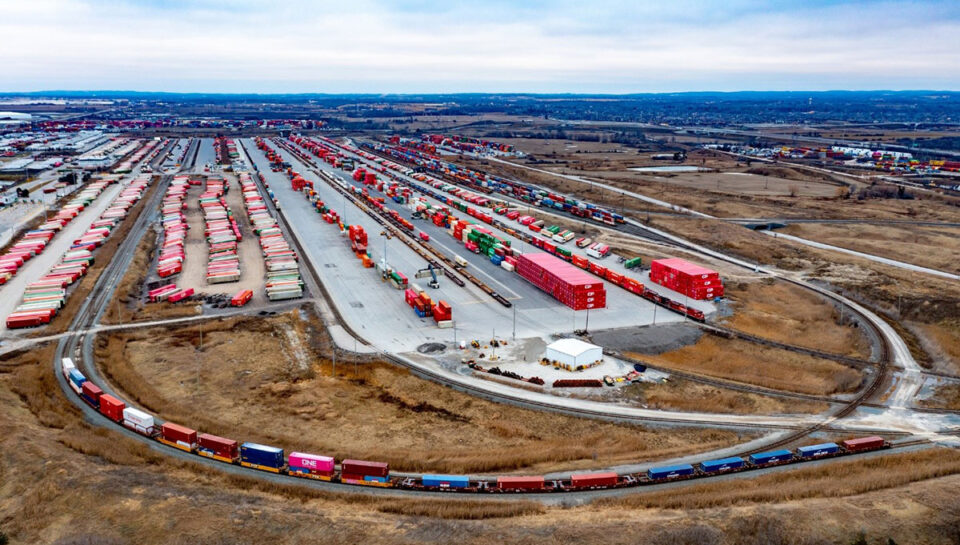Private Equity Logistics Landscape: Operational Excellence Driving Premium Valuations
Private equity investment in transportation and logistics got off to a rocky start in early 2024 but gained momentum in the second half of the year. The sector recorded $51.5 billion in total deal value across 71 disclosed deals for the six-month period ending November 2024, compared to $39.5 billion in the prior period. EBITDA multiples have stabilized at approximately 10.4x globally and 11.6x in the United States, with railroads commanding premium valuations of 14.3x. The game has changed significantly—successful deals increasingly depend on operational value creation rather than traditional financial engineering. PE firms are under pressure to demonstrate competitive returns as public markets rally, with small-cap earnings per share increasing 4.92% in late 2024 after six quarters of decline.
The logistics sector continues to evolve rapidly, driven by persistent labor challenges and the accelerated adoption of technology. Industry data indicate that 40% of companies face talent shortages in logistics, while driver shortages affect approximately 60,000 positions, according to the American Trucking Association. McKinsey’s latest analysis indicates that dealmakers are shifting from traditional financial engineering to sustained operational transformation. Technology adoption is accelerating—71% of technology providers now offer AI solutions, up from 44% in 2023. Inbound Logistics’ 2025 survey reveals that 58% of logistics technology vendors experienced sales growth of 10% or greater, driven by sophisticated supply chain solutions that address disruptions, rising labor costs, and automation demands. ESG considerations have also gained prominence, with EY analysis showing that funds with advanced ESG practices realize internal rates of return up to eight percentage points higher than competitors.
Market dynamics present both challenges and opportunities for PE investors. E-commerce growth continues to drive demand for logistics services, with 85 million EVs expected globally in 2025, representing 33% growth and creating specialized transport needs. However, this growth comes with significant operational complexity: 43% of companies struggle with demand forecasting, and 36% report supplier collaboration challenges. Infrastructure investment provides additional opportunities, with private infrastructure assets under management reaching $1.3 trillion. Data center investments alone attracted $50 billion in 2024, driven by the demand for AI. McKinsey’s Global Private Markets Report notes that 37% of real estate assets under management are now controlled by general partners with operational capabilities.
The convergence of these factors underscores the critical importance of thorough operational and commercial due diligence in transportation and logistics investments. According to recent surveys, artificial intelligence has emerged as the fifth most critical customer challenge at 47%, marking a significant shift toward technology-driven value creation strategies. PwC’s 2025 outlook emphasizes that leading funds must develop best-in-class operational capabilities to drive revenue growth and margin improvement. Post-election market sentiment has improved dealmaking confidence through substantial capital reserves, lower interest rates, and administration support for M&A activity. This evolving landscape underscores the increasing importance of sector-specific expertise in due diligence and post-acquisition value creation, with a focus on operational transformation rather than leverage-based financial engineering strategies.















